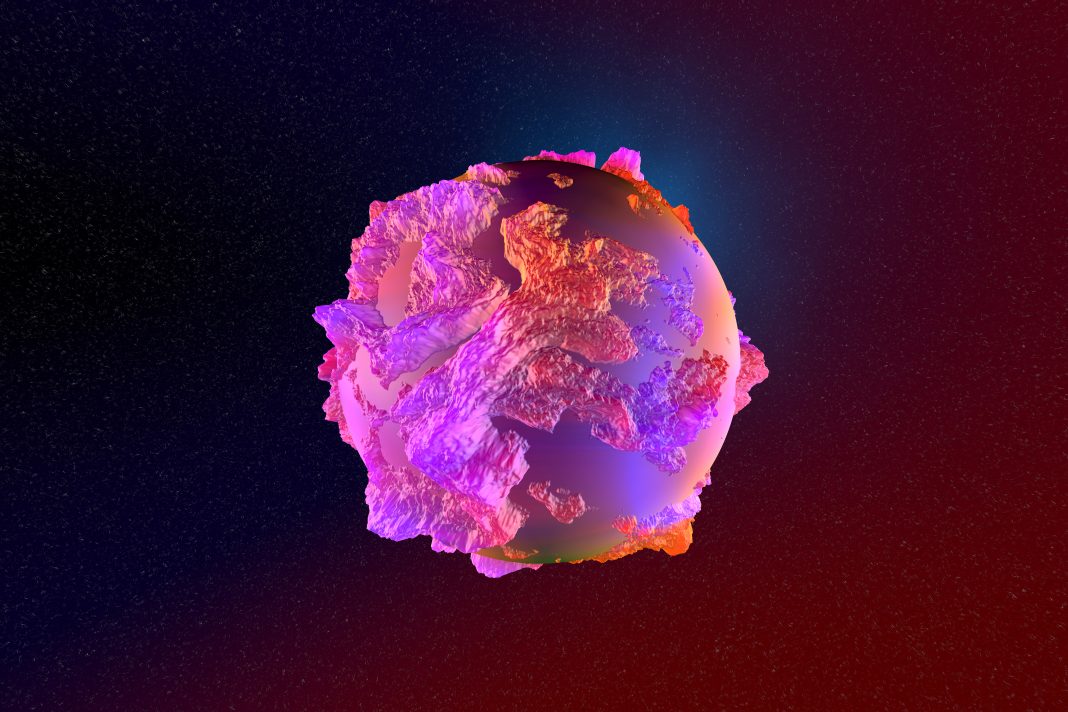Scientists say they now better understand why some genes that formed during the evolution of the earliest animals on earth are particularly impaired (or dysregulated) by specific mechanisms during cancer development.
Their study (“Somatic mutations in early metazoan genes disrupt regulatory links between unicellular and multicellular genes in cancer”), published in eLife, suggests investigating the implications of this dysregulation for the entire function of cancer cells may provide useful insights for the development of potential new therapies.
Cancer is a complex disease characterized by cellular mutations unique to each patient. But all cancers have a similar set of biological characteristics known as hallmarks, which include the dysregulation of cell replication and loss of differentiation. Previous research has suggested these hallmarks can be interpreted as dysregulated multicellularity in cancer.
“Extensive transcriptional alterations are observed in cancer, many of which activate core biological processes established in unicellular organisms or suppress differentiation pathways formed in metazoans. Through rigorous, integrative analysis of genomics data from a range of solid tumors, we show many transcriptional changes in tumors are tied to mutations disrupting regulatory interactions between unicellular and multicellular genes within human gene regulatory networks (GRNs). Recurrent point mutations were enriched in regulator genes linking unicellular and multicellular subnetworks, while copy-number alterations affected downstream target genes in distinctly unicellular and multicellular regions of the GRN,” the investigators wrote.
“Our results depict drivers of tumorigenesis as genes that created key regulatory links during the evolution of early multicellular life, whose dysfunction creates widespread dysregulation of primitive elements of the GRN. Several genes we identified as important in this process were associated with drug response, demonstrating the potential clinical value of our approach.
“Our previous work pointed to widespread dysregulation in cancer between cellular processes that emerged in single-celled organisms and those that evolved in multicellular species,” said lead author Anna Trigos, PhD, postdoctoral researcher at Peter MacCallum Cancer Centre, Victoria, Australia. “In our current study, we wanted to investigate the role of mutations in this dysregulation of multicellularity in cancer.”
Using computational analyses, Trigos and the team explored how the mutational status of genes across cancers was associated both with the point in evolutionary time when the genes appeared, and with their role and position in the human gene regulation network. Their aim was to provide a clearer picture of how the diversity of mutational landscapes in cancers across individual patients aligns with specific hallmarks.
Their studies revealed that mutations in 30 different solid tumor types in over 9,000 patient samples disrupt the regulation between genes that evolved in ancient unicellular species, and more recently acquired genes that evolved at the onset of multicellularity. They also found that this disruption occurs through different mechanisms.
“Key genes in the human regulatory network that link genes from single-cell ancestors and those unique to multicellular species had more mutations affecting a single nucleotide (a structural component of DNA or RNA) in key positions of the gene, possibly resulting in a cascade effect of widespread downstream dysregulation,” Trigos explained.
On the other hand, she added, mutational processes that lead to a gain or loss of the copies of a gene did not affect these regulatory genes, but rather activated or deactivated specific sets of genes of unicellular or multicellularity ancestry, respectively.
“Together, these results provide comprehensive evidence that both the frequency and types of mutations in cancer genes are strongly influenced by a given gene’s evolutionary age and its regulatory functions,” noted David Goode, PhD, senior author and group leader, junior faculty, at Peter MacCallum Cancer Centre. “Our method could be used to identify which mutations in a particular tumor are most important, creating a novel framework that with further advances in genomics will become increasingly informative for future cancer research.”


